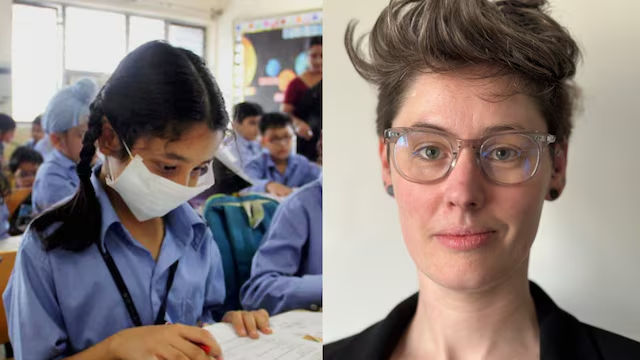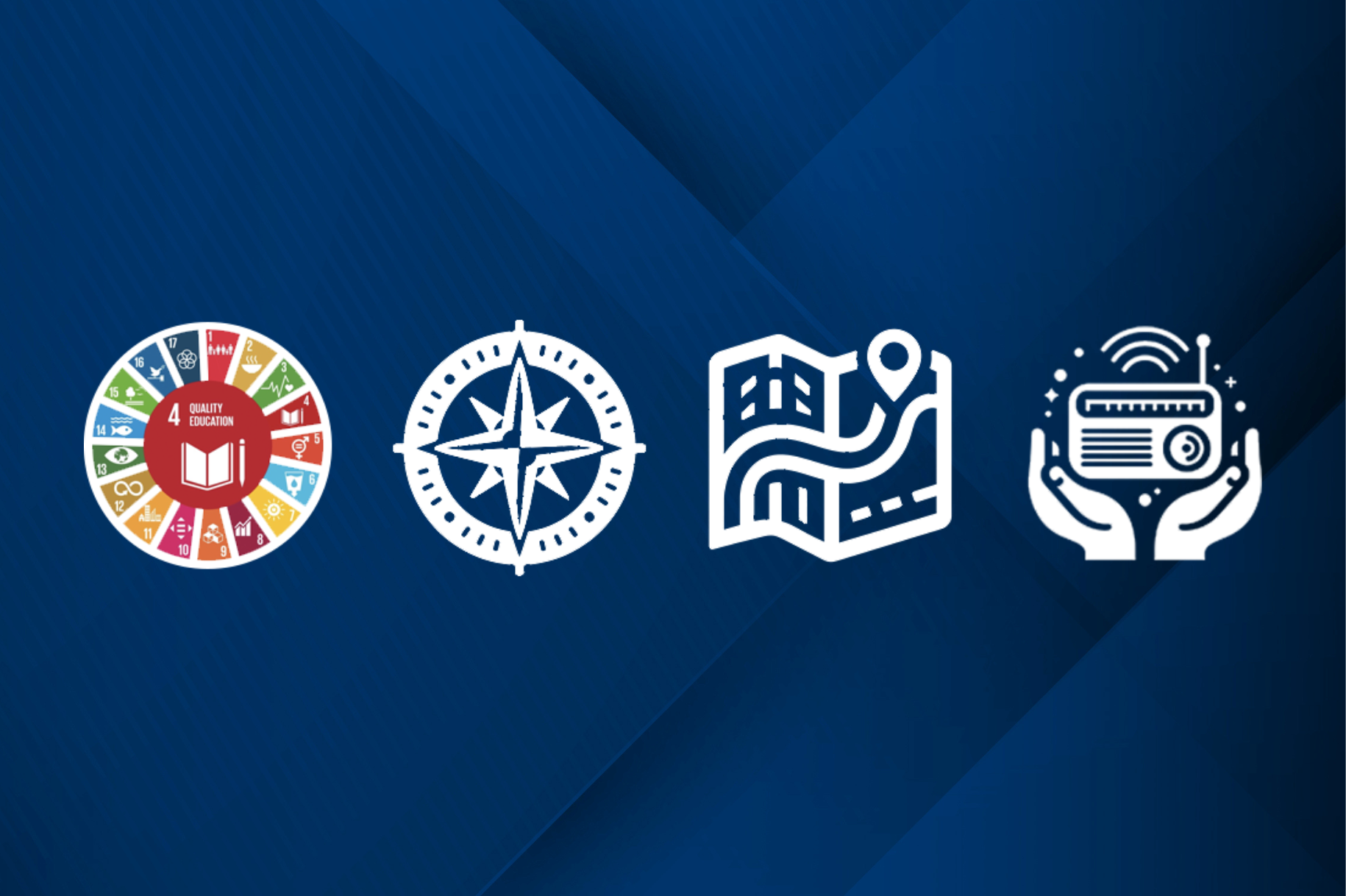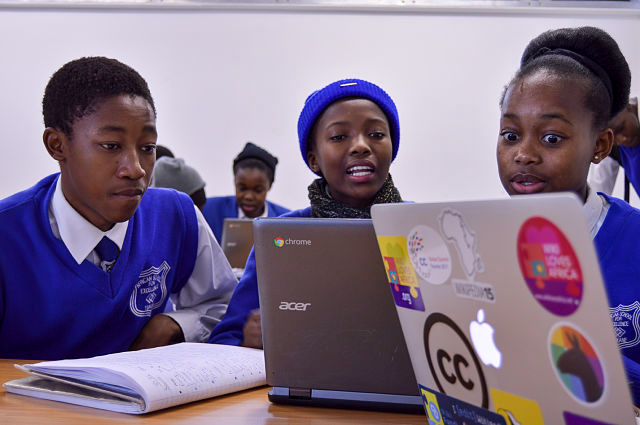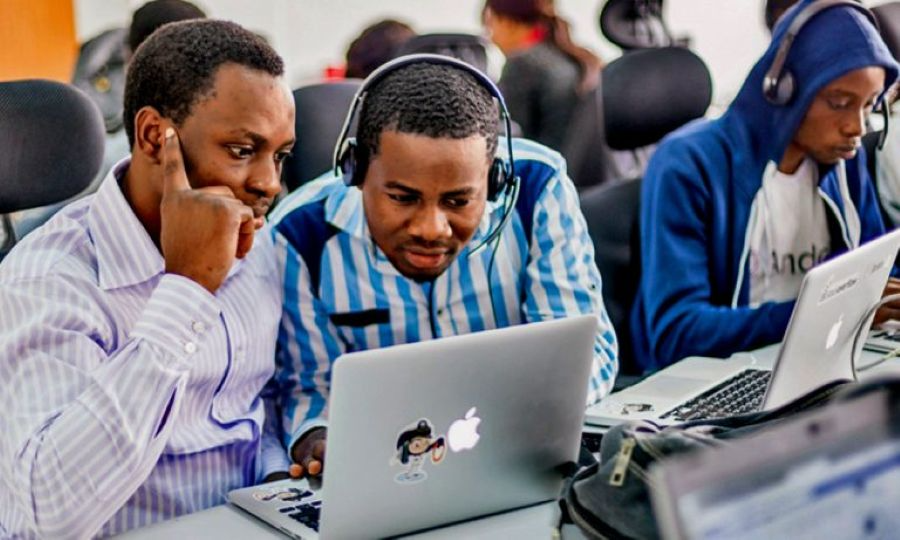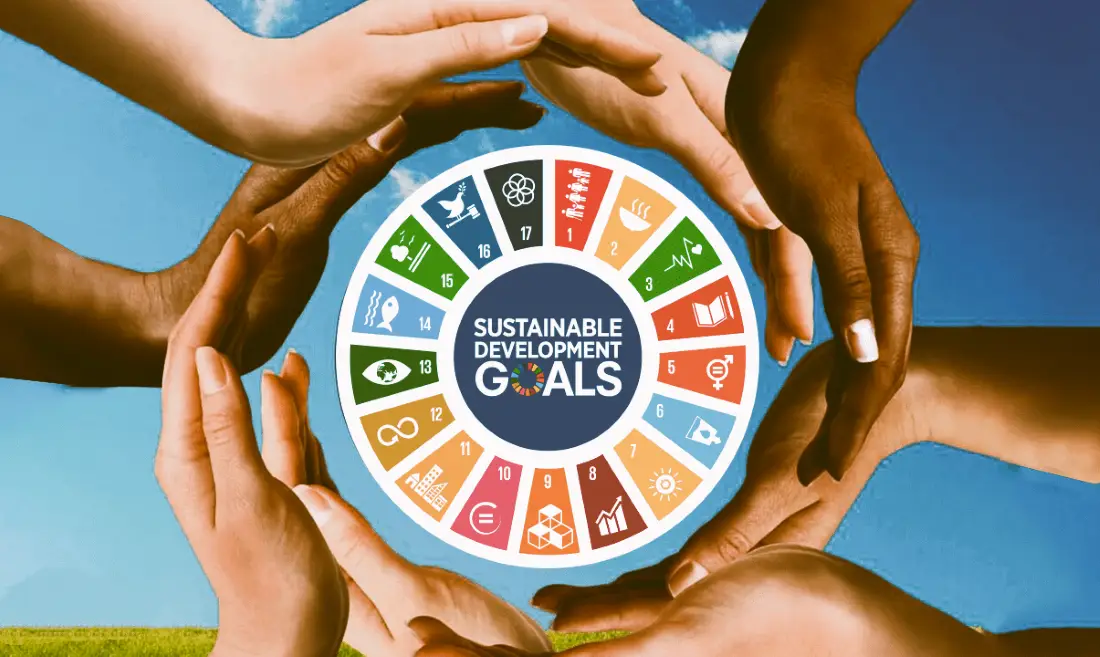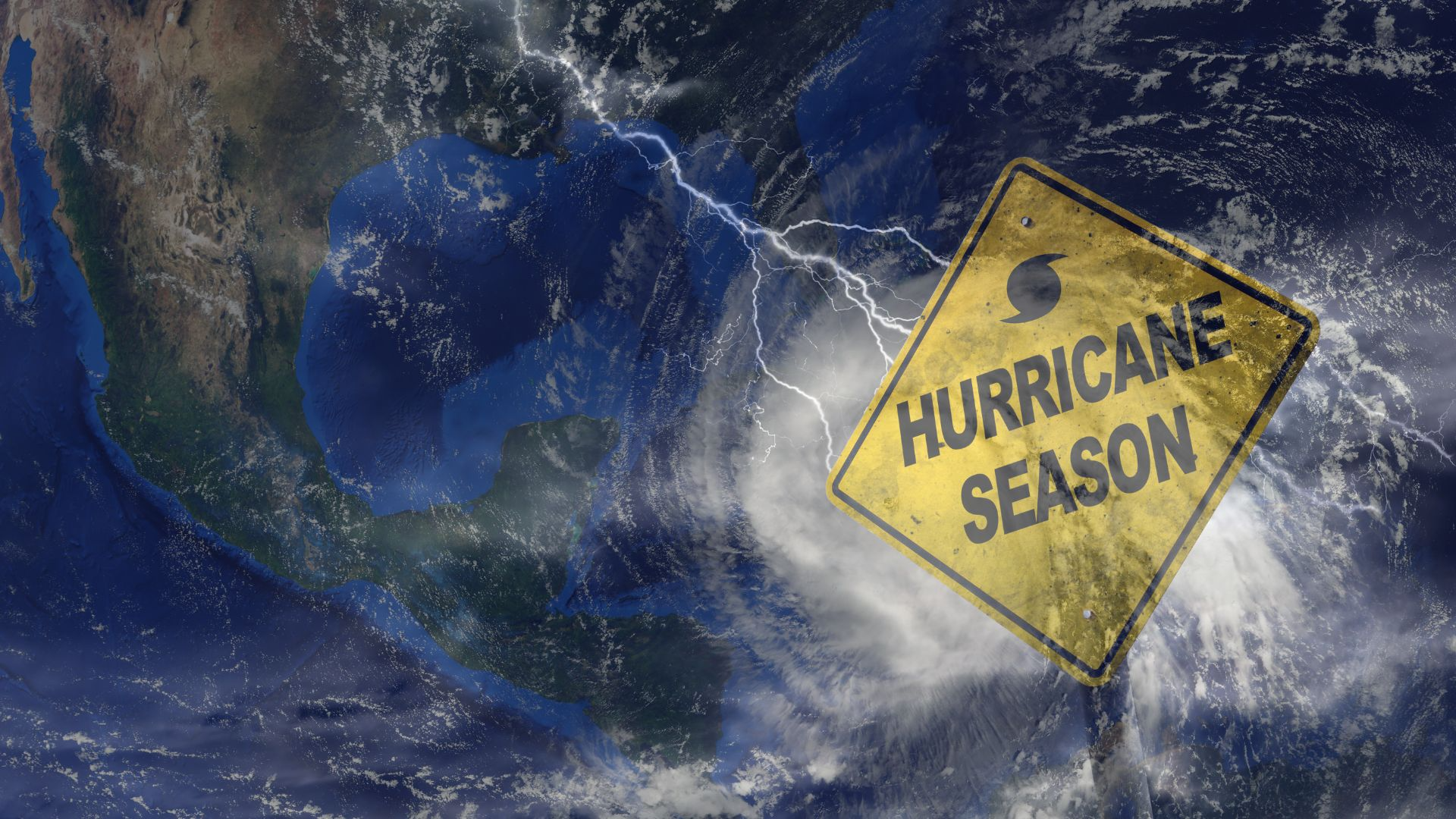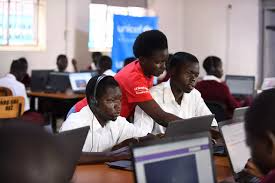
Zoom Supported Virtual Classrooms Expand Across Rural Africa, Bridging the Education Divide
In a major leap for digital education across underserved regions, Zoom supported virtual classrooms are now expanding across rural Africa, helping thousands of students connect with quality teachers and learning resources through real time video instruction. What began as a pandemic era experiment has evolved into a transformative model for reaching communities long excluded from formal schooling due to lack of infrastructure, trained educators, or reliable transportation.
Backed by partnerships between Zoom Video Communications, African governments, and local NGOs, this initiative is quickly emerging as a cornerstone of inclusive education reform in sub Saharan Africa, particularly in countries like Kenya, Uganda, Nigeria, and Malawi.
The Model From Physical Deserts to Digital Access
In regions where the nearest school may be several kilometers away or where local facilities lack certified teachers the Zoom school model brings qualified instruction directly into community learning centers equipped with internet, solar energy, and projection tools. These centers, often located in churches, libraries, or village halls, host small groups of students who log into live lessons delivered by trained educators from urban hubs or other countries.
A facilitator or learning assistant is often present on site to supervise, provide feedback, and support students with technical needs. Lessons range from core subjects like math and science to digital literacy, English, and life skills, with curriculum aligned to national education standards.
“Before this program, many children here had no teacher for months. Now they’re learning geometry, reading poetry, and coding on tablets,” said Grace Mbewe, a facilitator in eastern Zambia.
Public Private Innovation
The success of Zoom classrooms in rural Africa is rooted in multi stakeholder collaboration
Zoom Inc. provides subsidized licenses, video infrastructure, and training modules for rural educators.
African governments have supplied devices, local language support, and curricular integration through digital education units.
NGOs like World Vision, Teach For All, and African Girls Can Code ensure content is gender inclusive and community sensitive.
For instance, in northern Ghana, Zoom lessons are now broadcast via low cost smart projectors in 150 villages, reaching over 6,000 students weekly. In western Kenya, mobile Zoom hubs on motorcycles travel from village to village, bringing daily lessons to areas previously cut off by floods or insecurity.
Impact on Learning Outcomes and Engagement
While full scale assessments are ongoing, early indicators are promising
A pilot in Uganda showed a 27% improvement in literacy skills among Grade 5 students participating in Zoom led classrooms.
In Nigeria’s Kaduna State, schools using Zoom platforms reported lower dropout rates, especially among adolescent girls.
Facilitators report increased classroom participation due to the interactive nature of live video instruction and gamified quizzes.
Importantly, the initiative is helping to democratize access to high quality educators. “We’ve had Cambridge certified teachers in Johannesburg teaching kids in Kogi State, Nigeria, via Zoom and the kids love it,” said Abdullahi Musa, a project coordinator with the Rural Learners Network.
Challenges and Local Adaptation
Despite its rapid growth, Zoom schooling in rural Africa still faces hurdles
Power reliability remains inconsistent in many regions, although solar powered batteries and offline backups help mitigate this.
Bandwidth costs and poor network coverage can disrupt lessons. Hybrid models combining Zoom and pre recorded lessons are being developed for low connectivity zones.
Cultural adaptation is crucial especially for language, relevance, and teacher student interaction norms.
Some communities initially resisted what they saw as "foreign tech." To address this, programs now emphasize local language content, community engagement meetings, and hiring of village based facilitators to build trust.
Empowering Girls Through Virtual Classrooms
Zoom based education is also playing a vital role in reducing gender gaps. In regions where early marriage or domestic labor often ends girls’ schooling, Zoom hubs offer a discreet, flexible way for girls to continue learning in the safety of their communities.
“Virtual classrooms allow girls to learn without walking long distances or facing harassment,” said Ngozi Okafor, director of a digital equity NGO in Nigeria. “Many girls have returned to education through this model some even dreaming of becoming software engineers now.”
Scaling the Vision
Zoom’s commitment to expanding education access aligns with the UN’s SDG 4 goals, and the company has pledged to continue supporting rural initiatives across Africa. Governments are now exploring how to integrate Zoom models into national education plans, particularly as they prepare for future crises like pandemics or climate related displacement.
By the end of 2025, over 2 million students across 12 countries are expected to participate in Zoom powered classroom programs.
Conclusion
The expansion of Zoom schools in rural Africa represents more than just technological innovation it’s a revolution in access, equity, and educational justice. By merging real time digital learning with community based support, this model is transforming forgotten classrooms into vibrant centers of hope and possibility.
As connectivity deepens and local capacity grows, Zoom schools could become not just a bridge but a new foundation for inclusive, resilient education across the continent.
Related Post
Popular News
Subscribe To Our Newsletter
No spam, notifications only about new products, updates.

